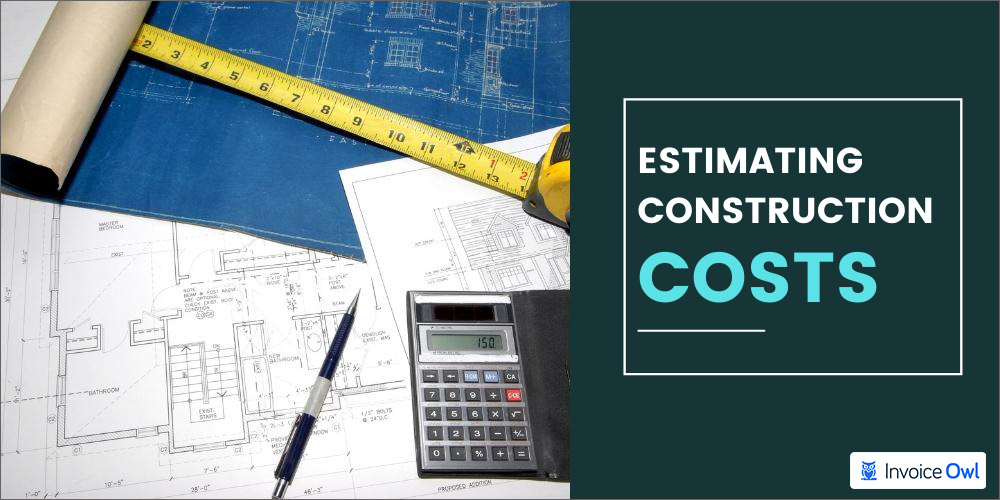Precision Planning with a Construction Estimator
Precision Planning with a Construction Estimator
Blog Article
A successful construction plan is dependent on many moving parts, and among the most critical is the construction cost estimator. This professional plays a central part when it comes to assessing the fiscal feasibility of a construction project, ensuring the design goals with budgetary constraints and establishing a plan for the successful implementation. Without estimates online construction projects are at risk of higher risk of budget-related delays, overruns and resource mismanagement.
At the heart of the job of a cost estimator is their ability to assess every aspect of a project and assign accurate cost projections to each. This involves reviewing architectural drawings, technical plans, specs and materials. The estimator also considers the current market prices for materials, labor equipment, permits, subcontractor fees, and other expenses. Through the synthesis of this data and generating a comprehensive budget that aids decision-makers throughout the duration for the entire project.
One of the major advantages of having a cost estimator early in the planning process is that it helps make better informed and strategic decision-making. When architects and designers understand how certain construction methods, materials or design elements affect the overall cost and design, they can make adjustments that better align with financial goals, without harming quality. Estimators can in bridging the gap between creative ideas and the reality of financial.
Furthermore, estimators are essential in risk mitigation. With a thorough analysis, they identify potential cost drivers, unforeseen expenses, and economic variables that might affect the final budget. This allows stakeholders to prepare contingencies to avoid unexpected expenses. Additionally, estimators often collaborate with procurement teams and the project manager to guarantee that the actual spending is in line with budgets forecasted throughout the construction process.
Technology has also enhanced the capabilities of building cost estimators. Through the use of modern software and cloud-based platforms, estimators can use real-time data and make adjustments to projections as variables change. This approach to digitalization increases the accuracy of estimates and speeds up turnaround times, helping teams stay agile in a constantly changing construction setting.
Another crucial aspect of the job of an estimator is transparency. An estimate that is well documented improves communication between stakeholders, from owners and developers to contractors and financiers. Everyone gains a clear understanding of where funds are allocated and how funds are managed. This transparency helps build confidence and provides accountability for all stages of the project.
Ultimately, the building cost estimator serves as a financial architect--laying the groundwork to ensure a successful construction project, not just in terms of structure but in sustainability efficiency, efficacy, and profitability. Their insight is crucial to informed planning, resource optimization and overall quality to the building process.

In the current fast-paced construction industry having a competent and pro-active estimator on your team isn't just an option anymore, it's vital. As projects increase in size as well as complexity, the role of the building cost estimator is even more important in guiding projects to successful, on-budget successful completion.
Report this page